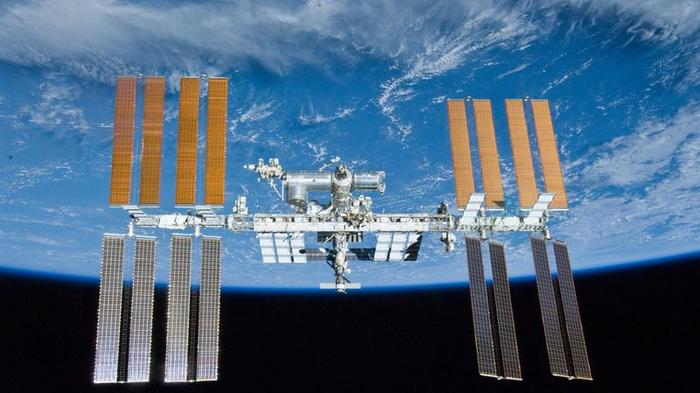Unchecked climate change would eventually lead to widespread devastation on Earth.
Rising seas would inundate coastal cities like Miami, searing heat would increase human mortality, and acidic oceans would become inhospitable to fish and coral, leaving behind little but rubbery masses of jellyfish.
These consequences of human activity could be the thing that prevents our civilization from advancing much further. In a particularly extreme scenario, it could even wind up wiping us from the face of the Earth.
That may sound unlikely, but it’s the answer some scientists are giving to a perplexing question: Why haven’t we encountered intelligent alien life?
The Fermi paradox
We live in a galaxy with between 100 billion and 400 billion stars, each potentially surrounded by planets. Until recently, we thought there were about 200 billion such galaxies in our observable universe, each containing hundreds of billions of stars and trillions of planets - but new NASA research indicates there are probably at least 10 times as many.
Even if habitable planets are rare and life is exceedingly unlikely to arise, those mind-boggling numbers suggest there should still be other intelligent life somewhere in the universe. If just 0.1% of potentially habitable planets in our galaxy harbored life, there would still be a million planets with life.
So, as the Nobel Prize-winning physicist Enrico Fermi famously asked of our alien neighbors, "Where are they?"

Why haven't we heard from aliens or found any evidence of their existence? That question is known as the Fermi paradox, and there are several potential answers (most are fairly disconcerting).
One hypothesis is that before intelligent life manages to spread beyond its original planet to other nearby planets, it runs into a sort of "Great Filter."
As the philosopher Nick Bostrom explains, this idea suggests there are several "evolutionary transitions or steps" that life on an Earth-like planet has to achieve before it can communicate with civilizations in other star systems. But an obstacle or barrier may make it impossible for an intelligent species like ours to get through all those steps. That would explain why we haven't heard from or seen any other life.
"You start with billions and billions of potential germination points for life, and you end up with a sum total of zero extraterrestrial civilizations that we can observe. The Great Filter must therefore be powerful enough - which is to say, the critical steps must be improbable enough - that even with many billions of rolls of the dice, one ends up with nothing: no aliens, no spacecraft, no signals, at least none that we can detect in our neck of the woods."
Humans' Great Filter
Climate change caused by the development of advanced civilization could very well be that filter in our case. David Wallace-Wells suggested this possibility in a recent feature for New York magazine:
"In a universe that is many billions of years old, with star systems separated as much by time as by space, civilizations might emerge and develop and burn themselves up simply too fast to ever find one another.
"Peter Ward, a charismatic paleontologist among those responsible for discovering that the planet's mass extinctions were caused by greenhouse gas, calls this the 'Great Filter': 'Civilizations rise, but there's an environmental filter that causes them to die off again and disappear fairly quickly,' he told me. 'If you look at planet Earth, the filtering we've had in the past has been in these mass extinctions.'
"The mass extinction we are now living through has only just begun; so much more dying is coming."
Scientists are currently debating whether we are now in the midst of the Earth's sixth mass-extinction event or approaching it. Either way, the situation is dire - the existential risks posed by a worst-case climate-change scenario are real.
If those risks become serious enough to act as humans' Great Filter, it may be too late for us to communicate with anyone else in our universe.

